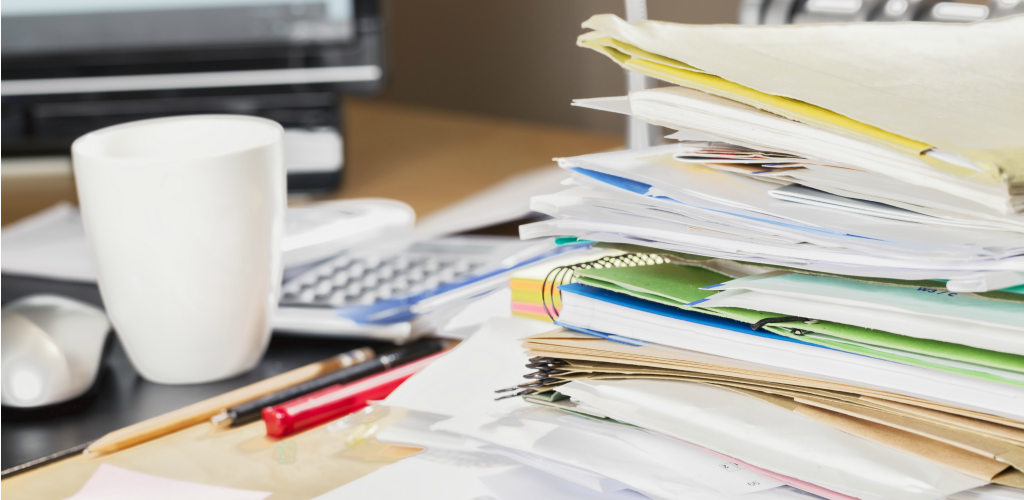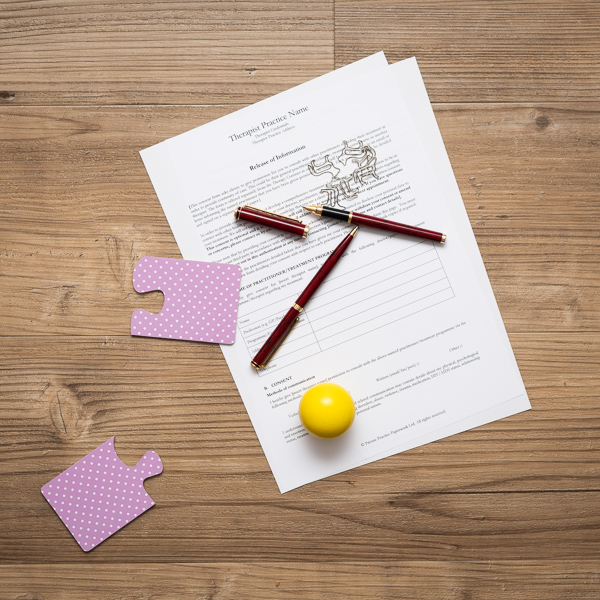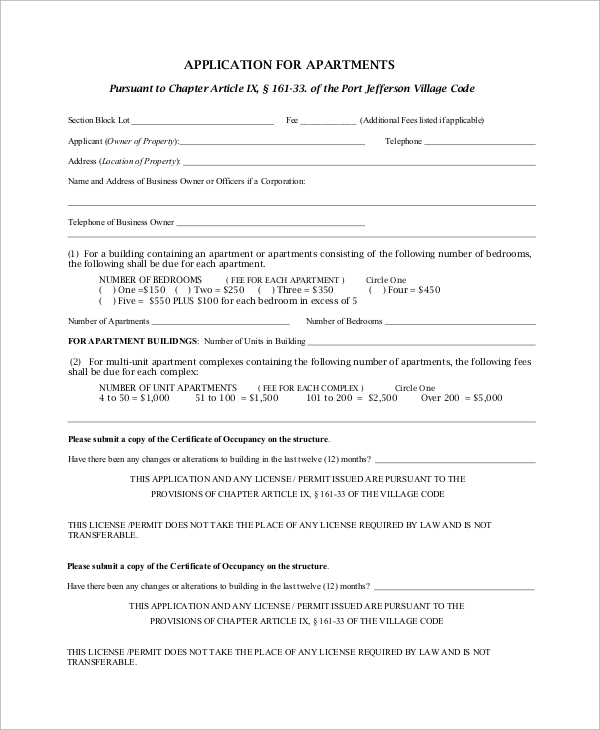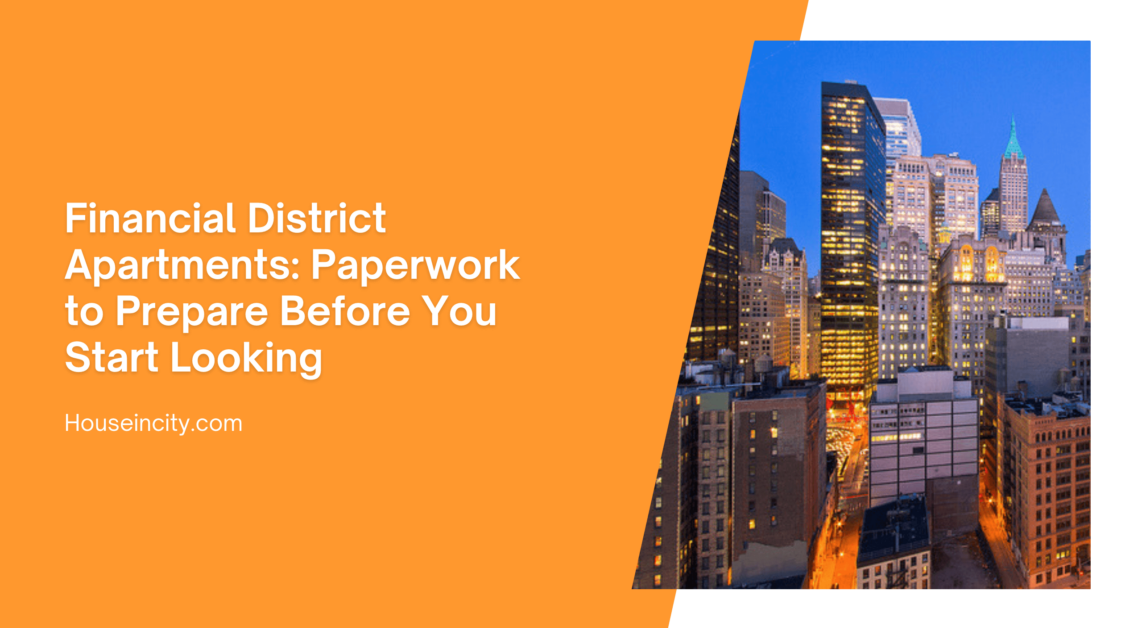Essential Paperwork for Viewing NYC Apartments

When searching for an apartment in New York City, the competitive nature of the real estate market means you need to be well-prepared, especially with the paperwork required for viewings. From financial documents to personal identification, having the right essential paperwork can streamline the process and increase your chances of securing a rental. This article will guide you through the necessary documents to bring when viewing apartments in NYC, ensuring you're ready for your next apartment hunt.
Why Paperwork is Important in Apartment Hunting

In NYC's fast-paced rental market, landlords and property managers need to verify potential tenants quickly. Here are the reasons why paperwork is crucial:
- Verification: Documents confirm your identity, employment, income, and creditworthiness.
- Efficiency: Being prepared with documents speeds up the leasing process.
- Competitive Edge: Well-prepared applicants stand out in a crowded market.
List of Essential Documents

Proof of Identity

Landlords want to know who they are renting to. Here’s what you need:
- Driver’s license or state ID
- Passport
Proof of Income

Your income verifies you can afford the rent:
- Recent pay stubs (last 2-3 months)
- Tax returns (W-2s or 1099s for freelancers)
- Letter from employer (if pay stubs are not available)
- Bank statements (showing regular deposits)
Credit Report

This shows your payment history:
- A personal copy of your credit report
- A credit score or credit check authorization
⚠️ Note: Some landlords might require you to pull a report in front of them, ensuring it’s current.
Rental History

Your rental history can affect your application:
- Letter from previous landlords
- Names and contact information for past landlords
- Previous lease agreements
References

References can help vouch for your character and reliability:
- Professional references
- Personal references
⚠️ Note: Ensure references are reachable and willing to give a positive review.
Guarantor Documents (If Applicable)

If you need a guarantor, they must also provide documentation:
- Proof of income (similar documents as the tenant)
- Proof of identity
- Proof of residence
Final Thoughts

Having your paperwork in order before you step into an apartment viewing can make you a more attractive tenant. By providing landlords with quick access to your financial stability, rental history, and identity, you minimize delays and secure a better position in the rental market. Keep these documents organized, know where to find them quickly, and always have both physical and digital copies for convenience.
Remember, being proactive with your documentation not only shows your eagerness to secure a rental but also allows landlords to feel more confident in leasing to you. Your preparedness can be the difference in NYC's high-demand rental environment.
What if my employer does not provide pay stubs?

+
If your employer doesn’t provide pay stubs, you can ask for a letter confirming your employment and salary, or use bank statements showing regular deposits of your salary.
Do I need a guarantor if I have good credit?

+
Not necessarily. Some landlords might accept tenants with good credit without needing a guarantor, but having one can still be beneficial, especially for high rent apartments or if you’re new to the city.
Can I use a co-signer instead of a guarantor?

+
Yes, a co-signer and a guarantor serve similar purposes. A co-signer agrees to be legally responsible for the lease if you default on payments.
How recent should my documents be?

+
Documents like pay stubs and bank statements should be recent, within the last few months. Tax returns should be from the most recent year.



